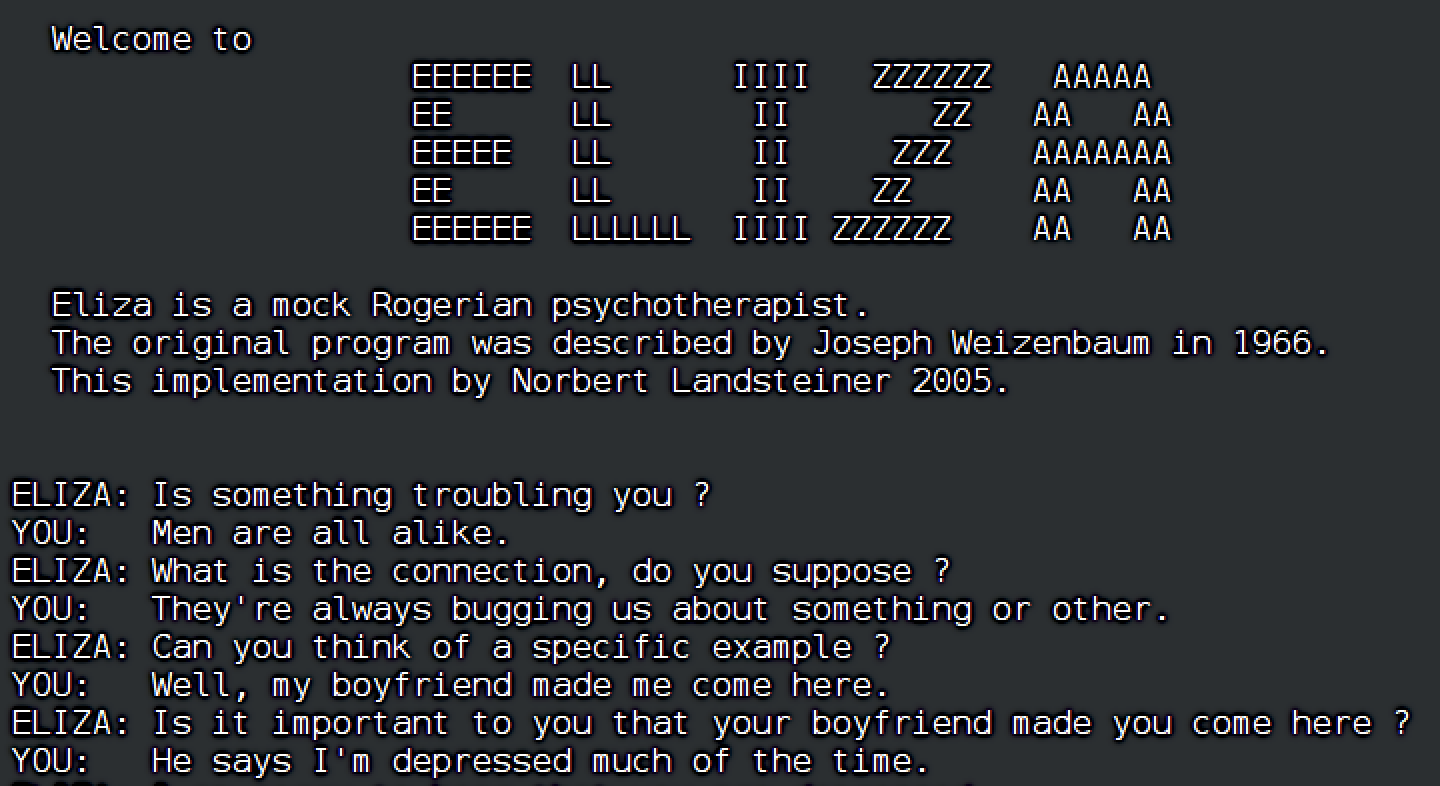[Most Recent Entries] [Calendar View]
Monday, January 22nd, 2024
| Time | Event |
| 9:00a | The Roman Author Pliny the Younger Gets Ghosted by a Friend, and Goes on a Rant: Hear It Read by Actor Rob Delaney Pliny the Younger may be best remembered for writing the only eye-witness account of the destruction of Pompeii in 79 AD. It’s a memorable letter still found in modern collections of Pliny the Younger’s correspondence. There, you can also find a simple letter authored by Pliny, one that reflects not on a shattering historical event, but rather something we can all relate to: the anger the author felt upon getting ghosted by a friend. To set the scene, Pliny had invited Septicius Clarus to join him for some food, wine, and conversation. But his friend never showed up, and so Pliny fired off a snub letter, which actor and comedian Rob Delaney reads above at a Letters Live event. You can follow along with the text below:
In the end, Pliny forgave his friend. For Pliny dedicated the first of his letter to Septicius, stating: “You have constantly urged me to collect and publish the more highly finished of the letters that I may have written. I have made such a collection… I can only hope that you will not have cause to regret the advice you gave, and that I shall not repent having followed it.” You can read the collection online here. Related Content |
| 10:00a | Before ChatGPT, There Was ELIZA: Watch the 1960s Chatbot in Action In 1966, the sociologist and critic Philip Rieff published The Triumph of the Therapeutic, which diagnosed how thoroughly the culture of psychotherapy had come to influence ways of life and thought in the modern West. That same year, in the journal Communications of the Association for Computing Machinery, the computer scientist Joseph Weizenbaum published “ELIZA — A Computer Program For the Study of Natural Language Communication Between Man and Machine.” Could it be a coincidence that the program Weizenbaum explained in that paper — the earliest “chatbot,” as we would now call it — is best known for responding to its user’s input in the nonjudgmental manner of a therapist? ELIZA was still drawing interest in the nineteen-eighties, as evidenced by the television clip above. “The computer’s replies seem very understanding,” says its narrator, “but this program is merely triggered by certain phrases to come out with stock responses.” Yet even though its users knew full well that “ELIZA didn’t understand a single word that was being typed into it,” that didn’t stop some of their interactions with it from becoming emotionally charged. Weizenbaum’s program thus passes a kind of “Turing test,” which was first proposed by pioneering computer scientist Alan Turing to determine whether a computer can generate output indistinguishable from communication with a human being. In fact, 60 years after Weizenbaum first began developing it, ELIZA — which you can try online here — seems to be holding its own in that arena. “In a preprint research paper titled ‘Does GPT‑4 Pass the Turing Test?,’ two researchers from UC San Diego pitted OpenAI’s GPT‑4 AI language model against human participants, GPT‑3.5, and ELIZA to see which could trick participants into thinking it was human with the greatest success,” reports Ars Technica’s Benj Edwards. This study found that “human participants correctly identified other humans in only 63 percent of the interactions,” and that ELIZA, with its tricks of reflecting users’ input back at them, “surpassed the AI model that powers the free version of ChatGPT.”
This isn’t to imply that ChatGPT’s users might as well go back to Weizenbaum’s simple novelty program. Still, we’d surely do well to revisit his subsequent thinking on the subject of artificial intelligence. Later in his career, writes Ben Tarnoff in the Guardian, Weizenbaum published “articles and books that condemned the worldview of his colleagues and warned of the dangers posed by their work. Artificial intelligence, he came to believe, was an ‘index of the insanity of our world.’ ” Even in 1967, he was arguing that “no computer could ever fully understand a human being. Then he went one step further: no human being could ever fully understand another human being” — a proposition arguably supported by nearly a century and a half of psychotherapy. Related content: A New Course Teaches You How to Tap the Powers of ChatGPT and Put It to Work for You Noam Chomsky on ChatGPT: It’s “Basically High-Tech Plagiarism” and “a Way of Avoiding Learning” What Happens When Someone Crochets Stuffed Animals Using Instructions from ChatGPT Noam Chomsky Explains Where Artificial Intelligence Went Wrong Based in Seoul, Colin Marshall writes and broadcasts on cities, language, and culture. His projects include the Substack newsletter Books on Cities, the book The Stateless City: a Walk through 21st-Century Los Angeles and the video series The City in Cinema. Follow him on Twitter at @colinmarshall or on Facebook. |
| << Previous Day |
2024/01/22 [Calendar] |
Next Day >> |


